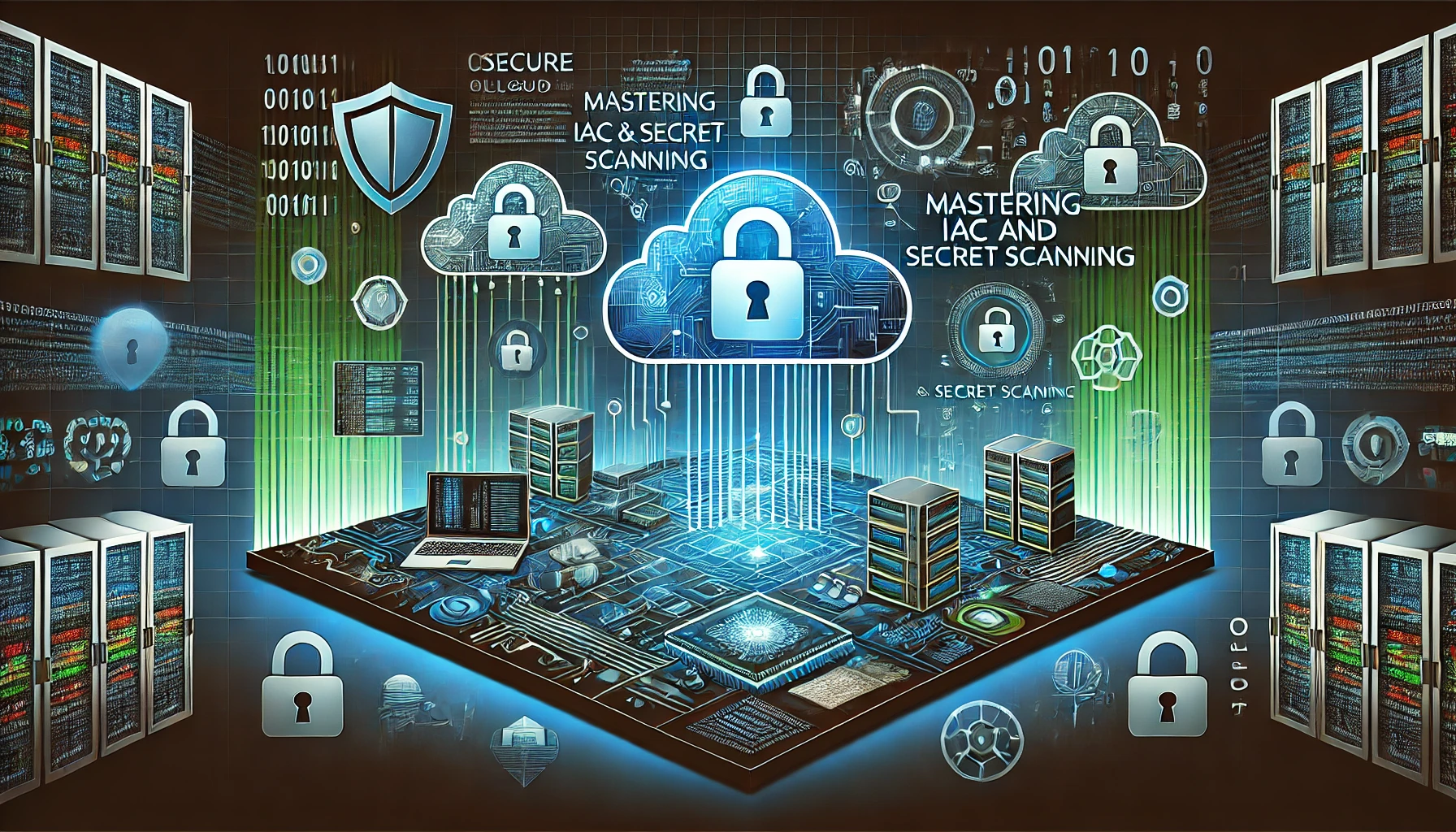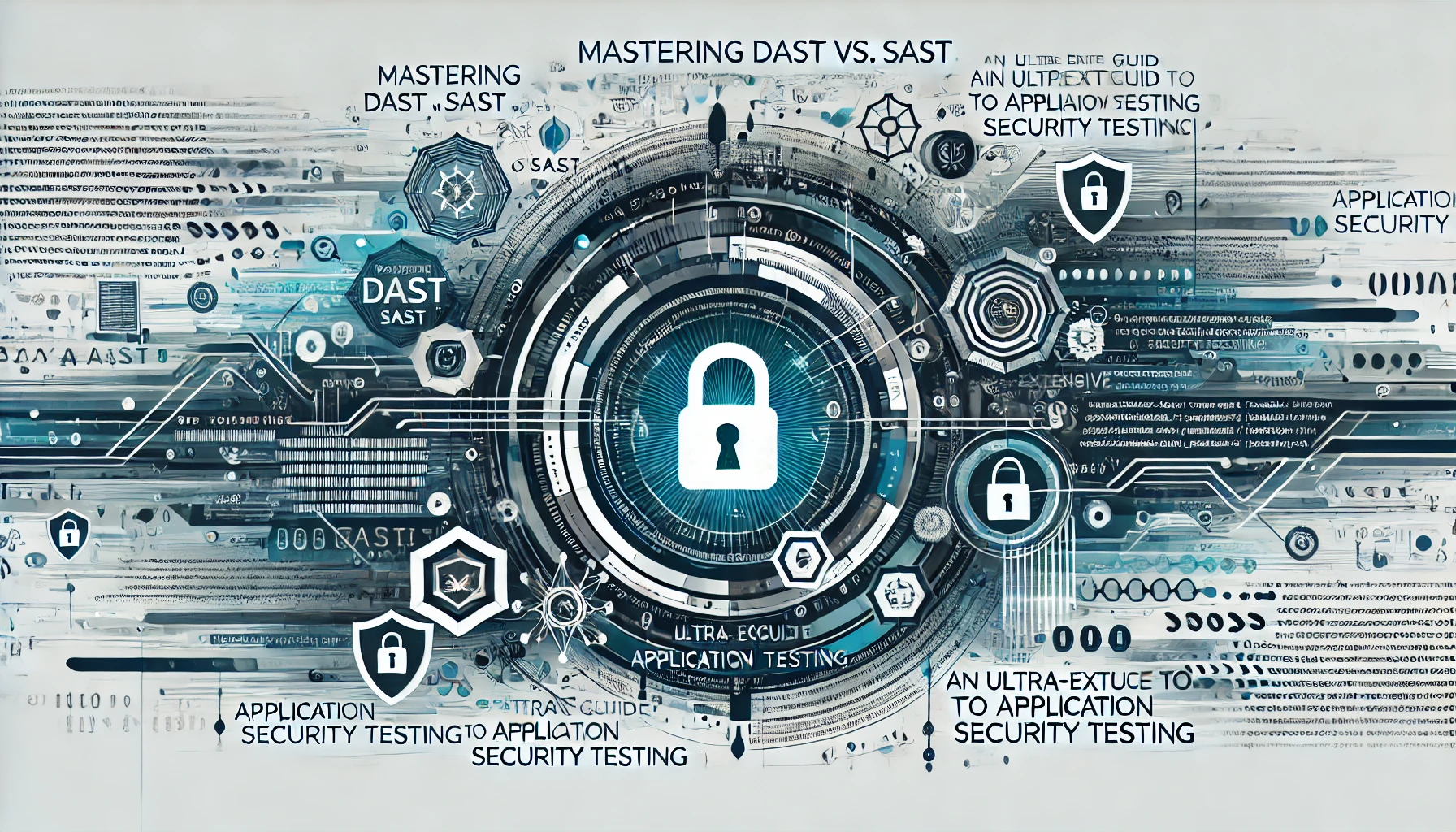The Emergence of Quantum Computing in Cybersecurity
In recent years, the field of quantum computing has emerged as a ground-breaking technology with the potential to redefine how we process, analyze, and secure data. With its unparalleled processing power, quantum computing promises to solve complex computational problems, far beyond the capabilities of today’s classical computers.

However, with great power comes great responsibility. Quantum computing poses significant implications for cybersecurity. On one hand, it could be a boon, providing superior encryption algorithms and detection capabilities. On the other hand, it could pose a threat, as it could potentially break existing cryptographic systems.
Quantum Computing and Encryption
Today’s encryption standards are based on computational complexity. For instance, RSA encryption, commonly used for secure data transmission, is based on the factoring of large prime numbers – a problem that would take a classical computer an impractical amount of time to solve. However, with quantum computing, these could potentially be factored in minutes or even seconds, rendering RSA and similar encryption methods obsolete.
Quantum Encryption
On the bright side, quantum computing also offers a solution – quantum encryption, or more specifically, quantum key distribution (QKD). QKD uses the principles of quantum mechanics to generate a secret key that can be used for data encryption and decryption. Any attempt to intercept the key changes its state, alerting the parties involved to the breach.
The Future of Quantum Computing in Cybersecurity
While the threats posed by quantum computing are real, it’s important to note that practical, large-scale quantum computers are not yet available. Researchers are working hard to overcome significant technical challenges. Meanwhile, the cybersecurity community is actively developing post-quantum cryptography standards.
Quantum computing is undoubtedly a double-edged sword for cybersecurity. However, by staying informed and prepared, businesses and governments can use these advancements to their advantage and build a safer, more secure cyber landscape.







